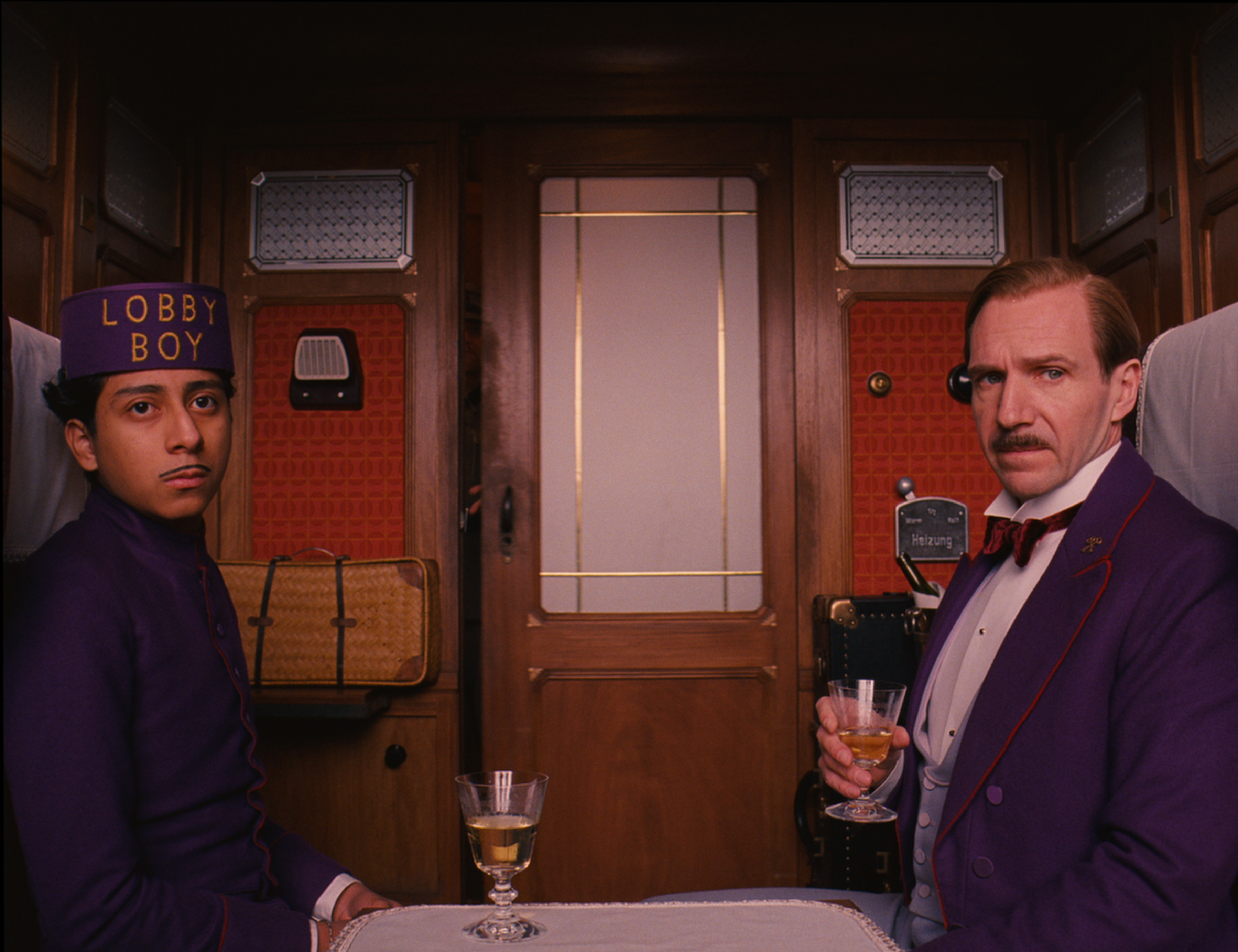28 Years Later
by Hope Madden
Nearly a quarter century ago (!!), director Danny Boyle and writer Alex Garland unleashed the genre masterpiece 28 Days Later. Smart, prescient, with a broken human heart and 113 minutes of sheer terror, it changed the “zombie” genre forever with living, breathing, running, rampaging humans infected by a rage virus.
Original as it was, there was still a little Romero in there. You might not have seen it with the racing beasts, but Boyle and Garland understood what Romero knew all along—it’s organized human authority you need to really worry about.
Boyle’s film was followed in 2003 with a fine, if mean spirited, sequel, but the Oscar winning director returns for 28 Years Later. So does Garland (Ex Machina, Annihilation, Men, Civil War), who’s gone on to be one of the most interesting filmmakers of our time.
They pick up the story 28 years after the rage virus hits London. Onscreen text tells us that continental Europe was able to turn back the virus and keep it from spreading globally, but the islands that were once the UK are, and will forevermore be, quarantined. No one leaves. Not ever.
We’re dropped into a small Scottish highland community where 12-year-old Spike (Alfie Williams) is about to go on his first mainland hunt with his father, Jamie (Aaron Taylor-Johnson). They’ll cross a bridge only passable during low tide, which means 4 hours to get back or it’s an overnighter on the big island full of the infected—which includes some mutations we didn’t worry about 28 years back—and the uninfected, who can be worse.
Wisely, Garland and Boyle anchor the film with family drama. Plucky Williams makes for a great hero, his arc from innocent to survivor both heartbreaking and impressive. A supporting cast including Jodie Comer and the great Ralph Feinnes enhances that tender drama. But what’s missing are the scares.
As Romero’s zombie films developed, so did his monsters. By Land of the Dead, they had their own leaders, their own families, their own kind of consciousness. The zombies were evolving around and without us. It was interesting, but it wasn’t scary. Likewise, 28 Years Later conjures beasts that have evolved into their own kind of society, and while it’s clever, it lacks the visceral terror of both previous installments. There’s also a lot of dubious science afoot.
The film’s opening and closing segments promise something meaner and more mischievous in upcoming sequels. (There are three films in this second part of the series, and the next installment—28 Years Later: The Bone Temple, directed by Nia DaCosta—is in post-production now.)
Maybe the bar set by the original is simply too high for any sequel to meet. 28 Days Later remains one of the scariest films ever made. Circling back to see how humanity’s getting along a generation later is interesting, sometimes gorgeous, awfully bloody, and frequently very sweet. It’s just not very scary.





